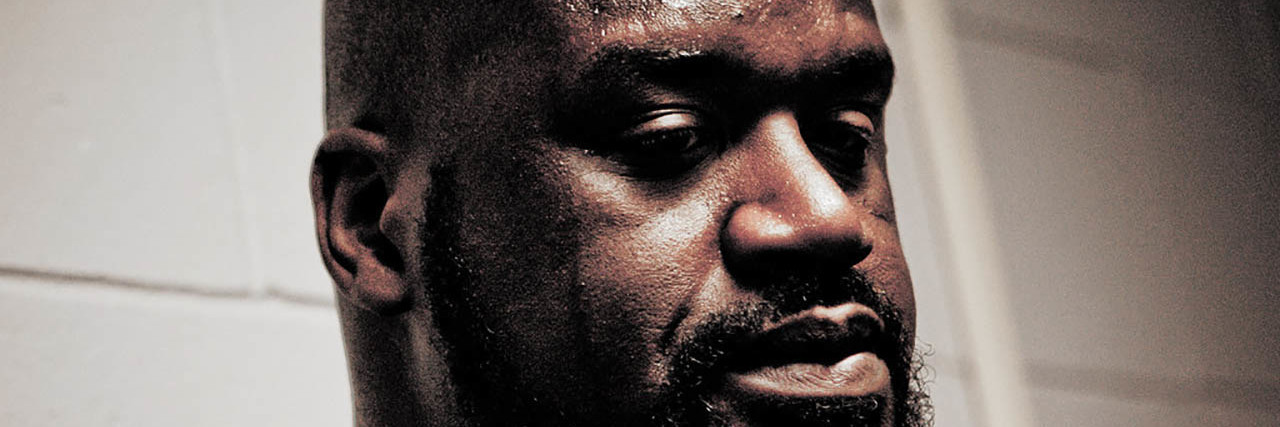Tonight, someone told me they’ll be off TikTok for the foreseeable future. She said she felt inundated with the heartbreaking news of Kobe Bryant on her feed, and it’s made her feel “sadder with every post” she views.
She’s not alone.
This past Sunday was surreal. I found myself wanting to log off social media after hearing about the fatal helicopter accident earlier that day that claimed the life of Kobe and eight others, including his 13-year-old daughter, Gianna.
It was like the world stopped and sped up at the same time, but I felt numb. I couldn’t stop scrolling. Part of it was shock, part of it was disbelief and part of it was wanting to see how others were handling the news.
Someone once said that grief is rarely — if ever — linear. Personally, I’m usually planted in the denial stage of grief for a long time. A friend once asked me if I struggle with death because I usually try to laugh my way through the trauma of it or distract myself. But, as I began to humanize the life of this NBA superstar, and think about my relationship with my own daughter, my feelings were unavoidable.
After watching the interview Shaquille “Shaq” O’Neal did for NBA on TNT, I found myself pulled deeper into sorrow. Shaq shared about the loss of friends and family members, including the recent passing of his sister, Ayesha Harrison-Jex, that occurred last October. Then Shaq said he hadn’t “felt a pain that sharp in awhile” in reference to the death of Kobe. Later in the interview, Shaq invited us even deeper into his pain, as tears flowed and he was unable to speak for a moment.
“I haven’t felt a pain that sharp in a while.. it definitely changes me.”’@SHAQ on the loss of his brother, Kobe. pic.twitter.com/dM5i0DDgGK
— NBA on TNT (@NBAonTNT) January 29, 2020
Growing up, I was taught to pray when tragedy struck. I wasn’t encouraged to cry or take time to process my feelings. The general message I received about what it meant to a Black man was to be strong, powerful and move through adversity. This is not to complain or shame anyone, this is just the way it was. I get it, it hasn’t always felt safe to display emotions, especially in a world, a country, where Black bodies have often been seen as dangerous and been treated as less-than. I ask myself: “How can I cry and be strong at the same time? How can I protect my family while showing any ounce of vulnerability?” Surely, it’s more practical and appealing to quickly get over myself and feign an ever-present ironclad expression.
But here’s the thing: loss is loss. It finds us, catches up to us and what might begin as a whisper can quickly grow into a scream we’re unable to release. Dealing with death can be like water that drips from a faucet. Each day brings forth a small dose of a memory of that person, or the pain of losing them or just the emptiness. But, then something — anything really — can cause that drip to become a flood of unbearable sadness. For some, grief can be one long nothingness. It’s different for everyone, but something we will all inevitably experience.
For me, Shaq taking the time to show his wounds for the world to see was an invitation to rethink how I go about mourning. He showed me that I get to take the time to feel, and that there’s power in sharing, leaning on my community and even recalling the lighter moments of my relationship with someone. Finding time and the spaces where we can work through the layers of our pain doesn’t only help us on the level of mental wellness, but it honors the person we’ve lost. It tells that person, “This is how important your life was to me. These tears, this pain, this hurt, our joys and our defeats, they all matter, and it may take my entire life to really understand what you meant to me.”
Image via Creative Commons/Kris Krug

